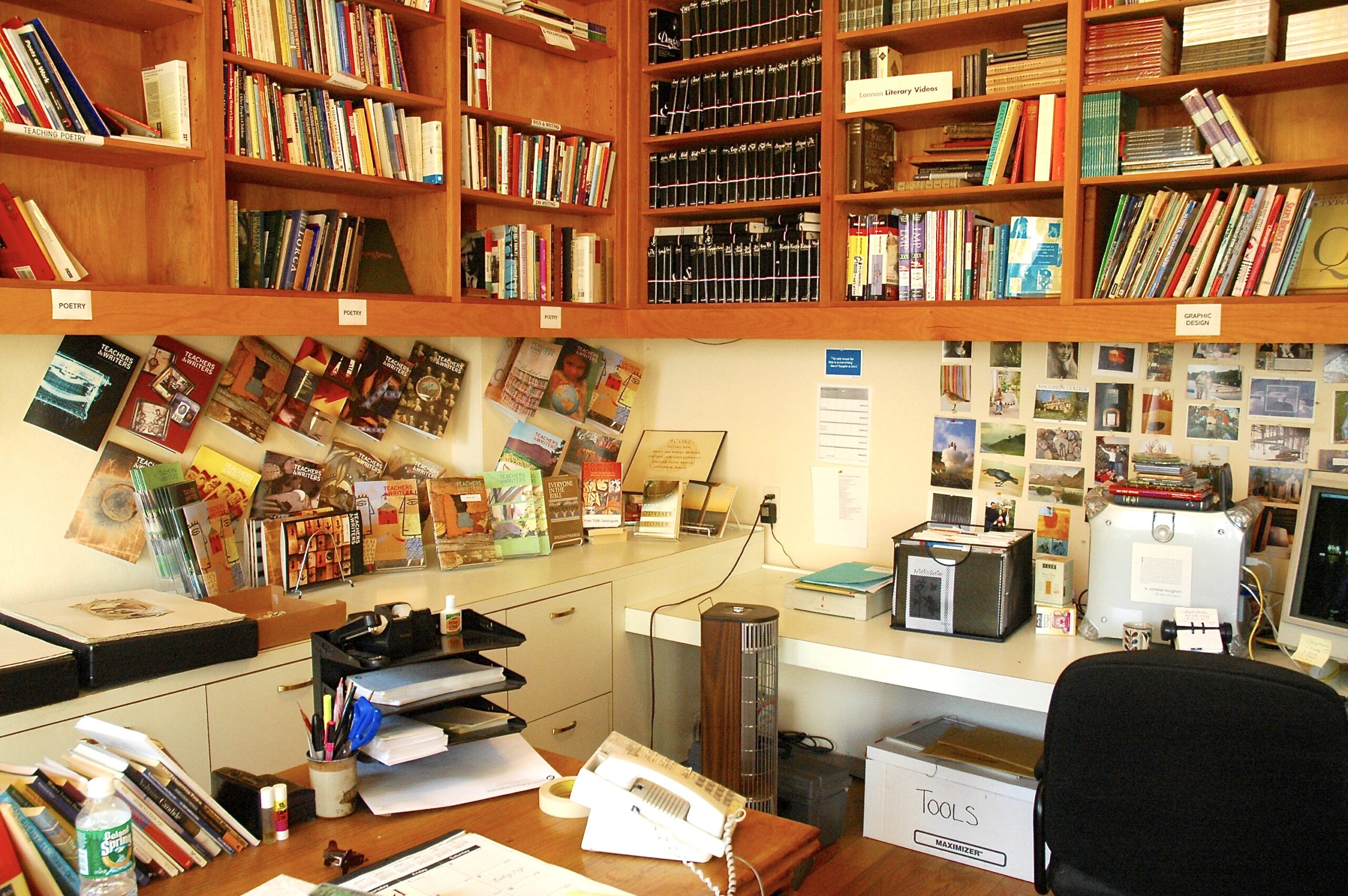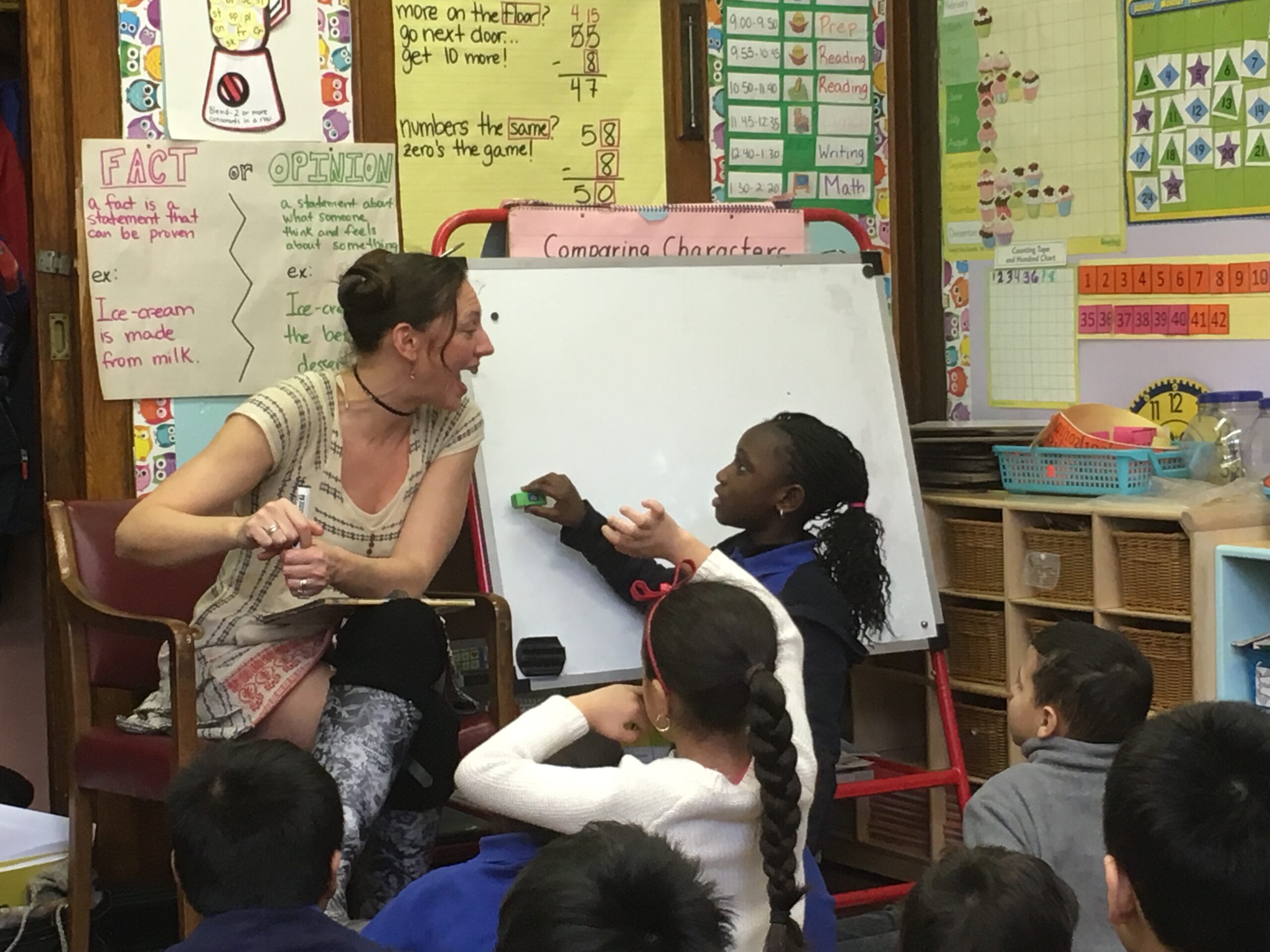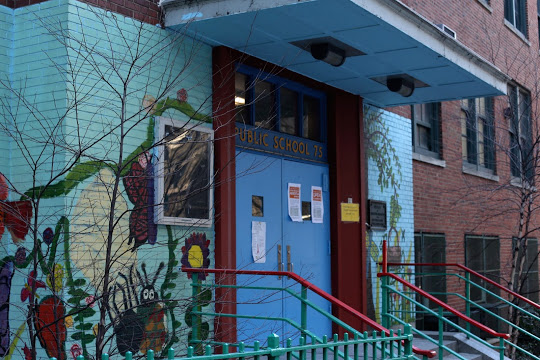As I write this from my desk at a nearly 400-year-old educational bureaucracy (alias Harvard), I am astonished to reflect on a place—and such a fully catalyzed community—that instead of impediment upon impediment managed somehow to place possibility before all.
In its fifty years of existence, Teachers & Writers Collaborative has never failed to live up to the promise that its ampersand first presented, the avowal at the core of its mission: the invitation to connect.

I am not simply speaking of its benevolent, quixotic, and synergistic force in the educational and literary community, but how T&W and its ethos operated inwardly to foster and to transform the lives of its staff: a diverse, vocal, and iconoclastic roster of writers, actors, teachers, translators, grad students, performers, visual artists, activists, and the list goes on.
(I write this in the past tense, only because I am no longer there, not because that ethos has in any way altered.)
T&W was one of those rare nonprofits which understood that the greatness of its legacy would include the very people who worked for it—not because they would become famous necessarily (though many have!), but because in being supported they might have a space to further their learning and experience, a safe harbor from which to go forth and most wholly actualize their vocations. Teachers & Writers Collaborative recognized that that too was a mission.
It was like the WPA of the otherwise demoralizing and bleak Bush era. T&W drew upon each person’s particular talents and curiosities and built bridge upon bridge. And those bridges remain.
There is no doubt in my mind that almost everything I can now imagine and make possible in my current position as the head of the Poetry Room at Harvard stems from the elements and values that were put in place during my five years of employment at T&W. It was there that, in addition to my official job as assistant book editor, I was given the opportunity to found a reading series, to help launch and design a magazine, to establish a creative writing prize, to learn how to judge slam poetry competitions, to represent the organization at city planning meetings during the months following 9/11, and to take the necessary time to attend my first writing residencies at Yaddo and MacDowell. The organization not only permitted those undertakings, but encouraged and was proud of them.
The T&W of my day (and I assume to this day) was an organization that said: Here’s your job description. Now rewrite it, and (while you’re at it) add a little space for the Unknown.
What I appreciated most, and what working for T&W (and, specifically, for the mightiest and most civic-minded mentor of my life, Nancy Larson Shapiro) has made me bold to insist on in each subsequent workplace—and by extension in almost every encounter I’ve had since that time—is: Let me learn from this…. Let me not know, and then let me learn.
It is a critical time now in our nation and in the world to make bold to ask questions, to make bold to meet people and be as present and as compassionate and imaginative as possible to and with them. Organizations like Teachers & Writers model what it means to co-exist. Now more than ever, let us put the ampersand between us and live up to that promise.
Tell Us Your T&W Story:
We want to hear your T&W story. Please send submissions—written reflections, videos, images—to 50thstories@twc.org by September 30, 2017. Thank you!
Christina Davis is the author of An Ethic (Nightboat Books, 2013) and Forth A Raven (Alice James Books, 2006). Her poems and essays have appeared in the American Poetry Review, At Length, Boston Review, The Concord Saunterer: A Journal of Thoreau Studies, The Occupy Wall Street Poetry Anthology, Poetry Magazine, and other publications. She worked for Teachers & Writers from 2001–2005 and currently serves as curator of the Woodberry Poetry Room, Harvard University. She wishes to dedicate her poem to Steve Shapiro and Nancy Larson Shapiro.



